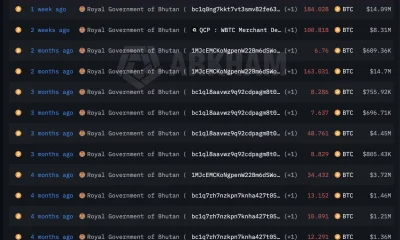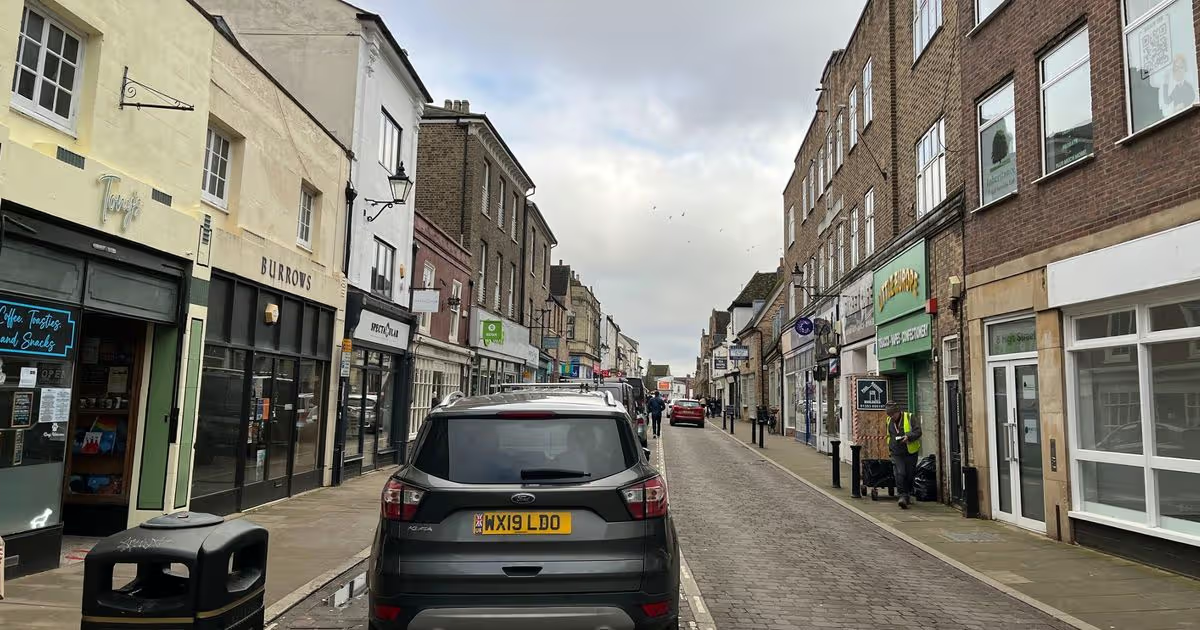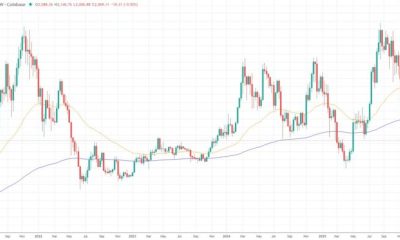Michael O’Neill will remain in charge of Northern Ireland for now after accepting the Blackburn Rovers job
Michael O’Neill has insisted that accepting the manager’s position at Championship side Blackburn Rovers doesn’t necessarily signal the end of his tenure as Northern Ireland boss, though he stopped short of guaranteeing he’ll remain in charge for the Nations League fixtures later this year.
An agreement has been reached between Blackburn and the Irish FA allowing O’Neill to juggle both roles for the remainder of the season. He’ll attempt to guide Rovers away from the relegation zone whilst overseeing Northern Ireland’s World Cup qualifying play-off semi-final against Italy in March, and potentially the final if they advance.
The arrangement mirrors a similar deal struck in November 2019, when O’Neill joined Stoke City whilst planning to continue with Northern Ireland for their Euro 2020 qualifying play-off the following March, before the pandemic intervened.
Whilst O’Neill did eventually depart Northern Ireland for the Potters before returning for a second spell in December 2022, he stressed this situation is different.
“The agreement is in place to the end of the season and we’re not looking any further than that at this minute in time,” O’Neill explained during a conference call.
He subsequently added: “At this moment in time this is not about leaving Northern Ireland. It’s about an opportunity that’s been presented to me which I think I’m capable of doing in the timeframe we’ve discussed.”
O’Neill’s contract with the Irish FA extends until summer 2028 – by which time a youthful, developing squad harbour genuine aspirations of qualifying for the European finals. However, news of the Blackburn appointment has sparked surprise and concern among Northern Ireland supporters, who worry that a manager who reached his 100th game in charge last October is departing for a second time.
The announcement came just a day after O’Neill attended the Nations League draw in Brussels, which placed Northern Ireland alongside Georgia, Hungary and Ukraine. When questioned directly about whether he would remain in post when that campaign begins in late September, he avoided giving a clear answer.
“I think that’s an unfair question,” he said. “I’m contracted to manage Northern Ireland to 2028. That contract has a release clause for both parties.
“So that’s all I would be prepared to say, the same way as my initial contract had a release clause and I managed Northern Ireland for eight years.”
O’Neill dismissed claims that his departure would harm Northern Ireland’s preparations for their play-off semi-final in Bergamo on March 26.
“If I felt for one minute that it would distract I wouldn’t have taken the opportunity and I wouldn’t do that to Blackburn Rovers either,” he said. “It’s important they have my focus, but the reality is we’ve done a lot of work on Italy.”
Blackburn currently sit 22nd in the Championship, level on points with Leicester but with a game in hand, ahead of Saturday’s fixture away to QPR.
Former Northern Ireland midfielder Damien Johnson will continue as interim manager before joining O’Neill’s backroom team alongside Steven Davis and Phil Jones. “I’ve been at games recently at Ewood Park and I know the atmosphere is not what it maybe has been in the past,” O’Neill stated.
“There’s no getting away from that. But the most important thing is that hopefully they’ll be behind me and they’ll be behind the team.
“We have a big job to stay in the league.”






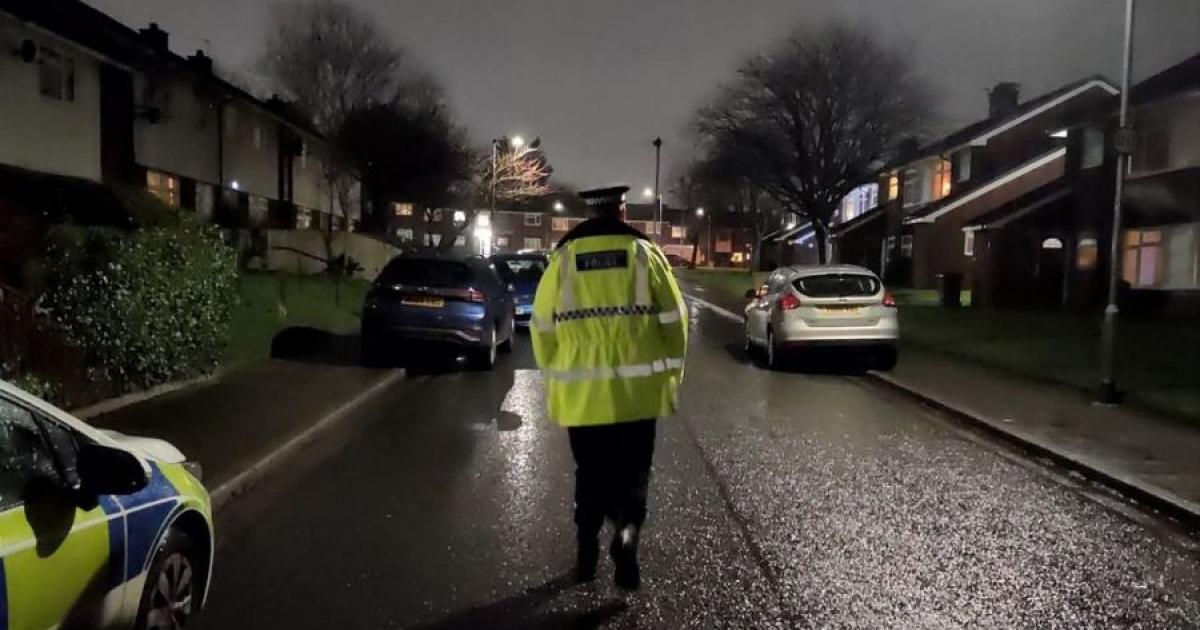
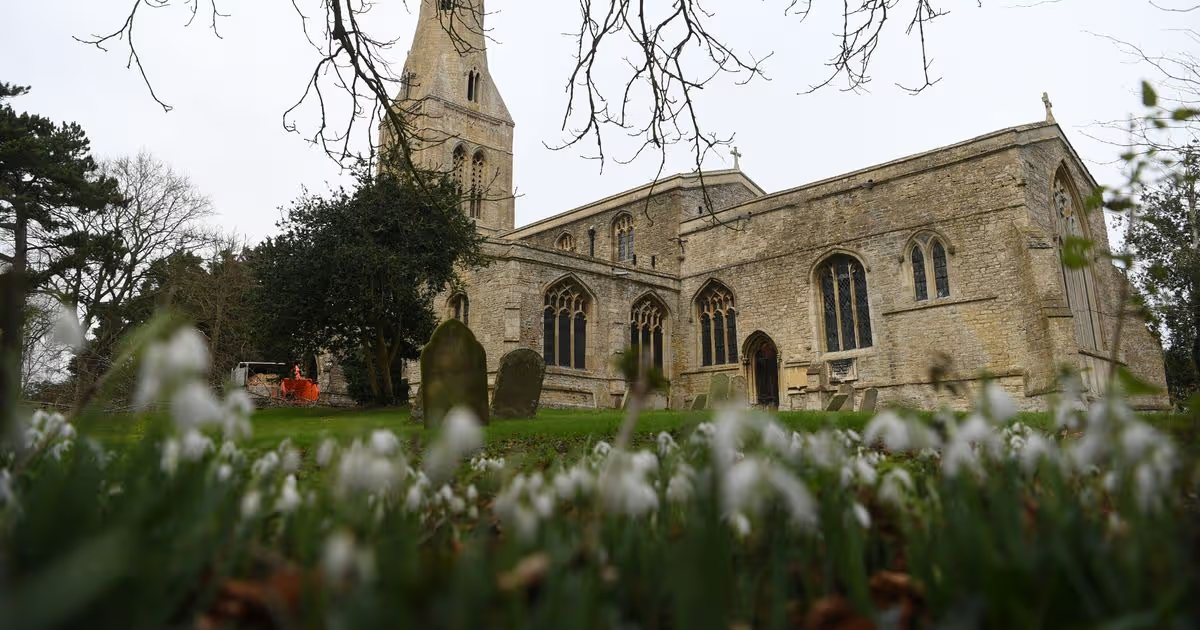
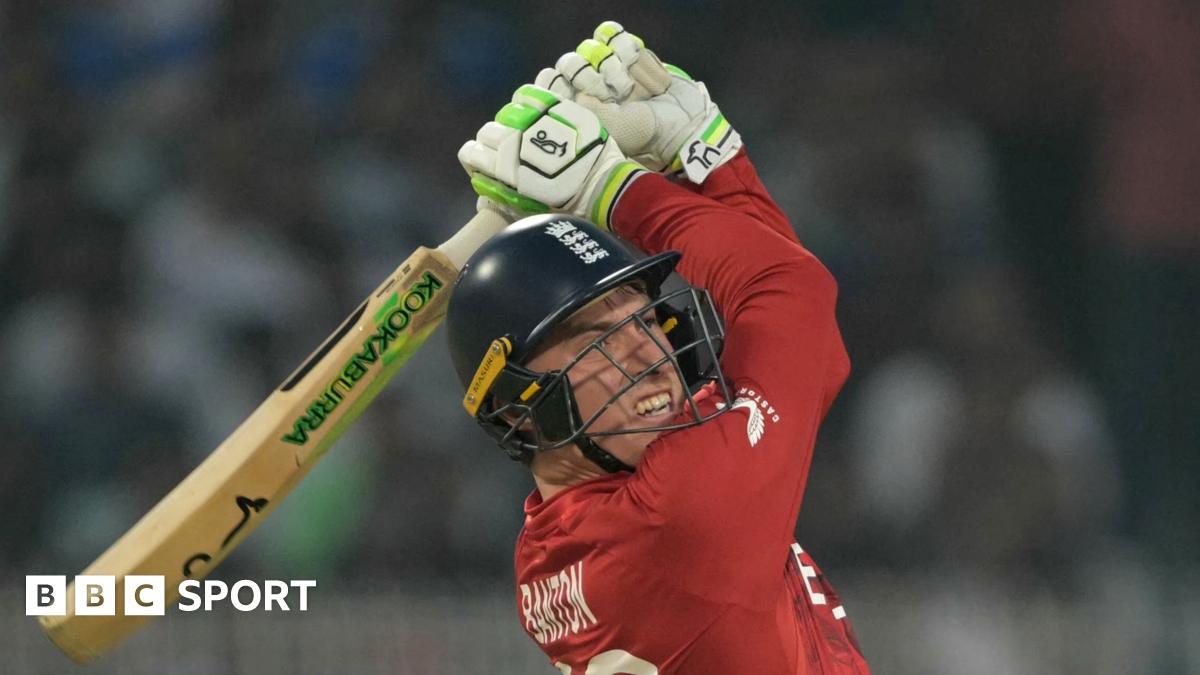
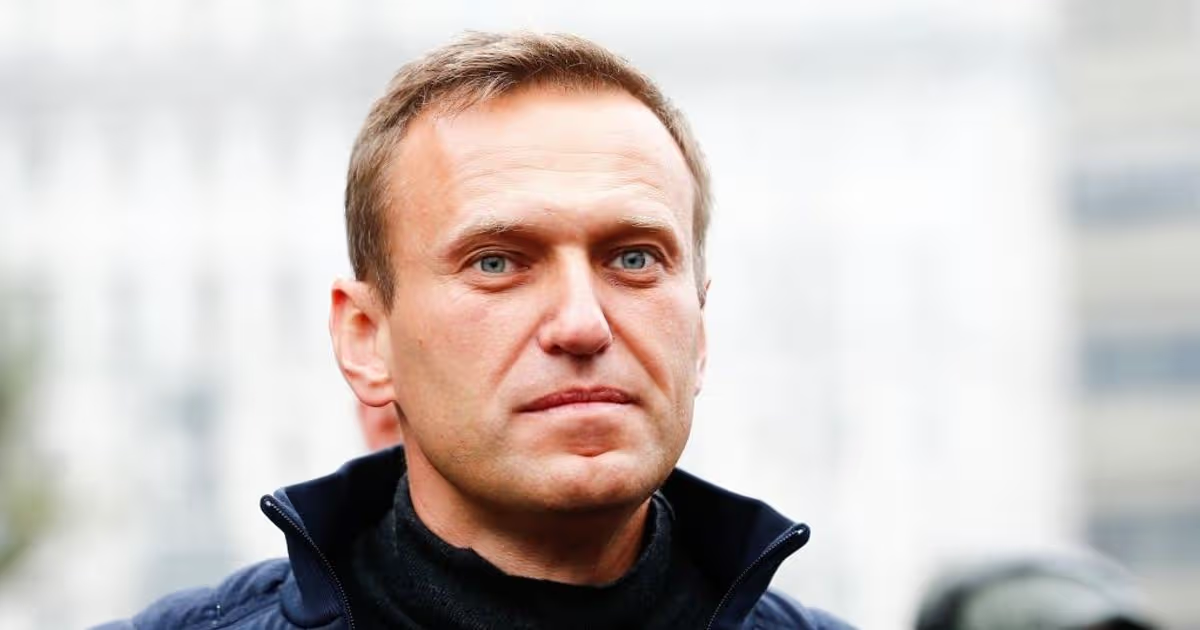
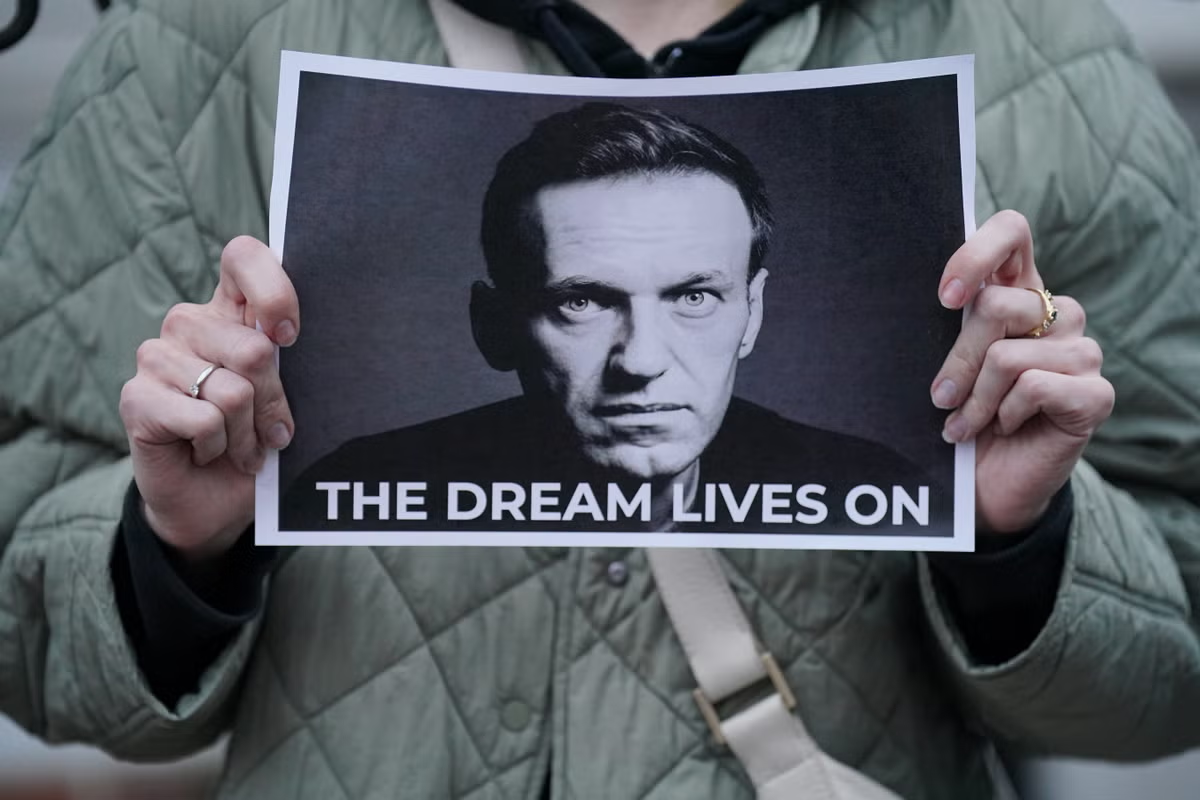
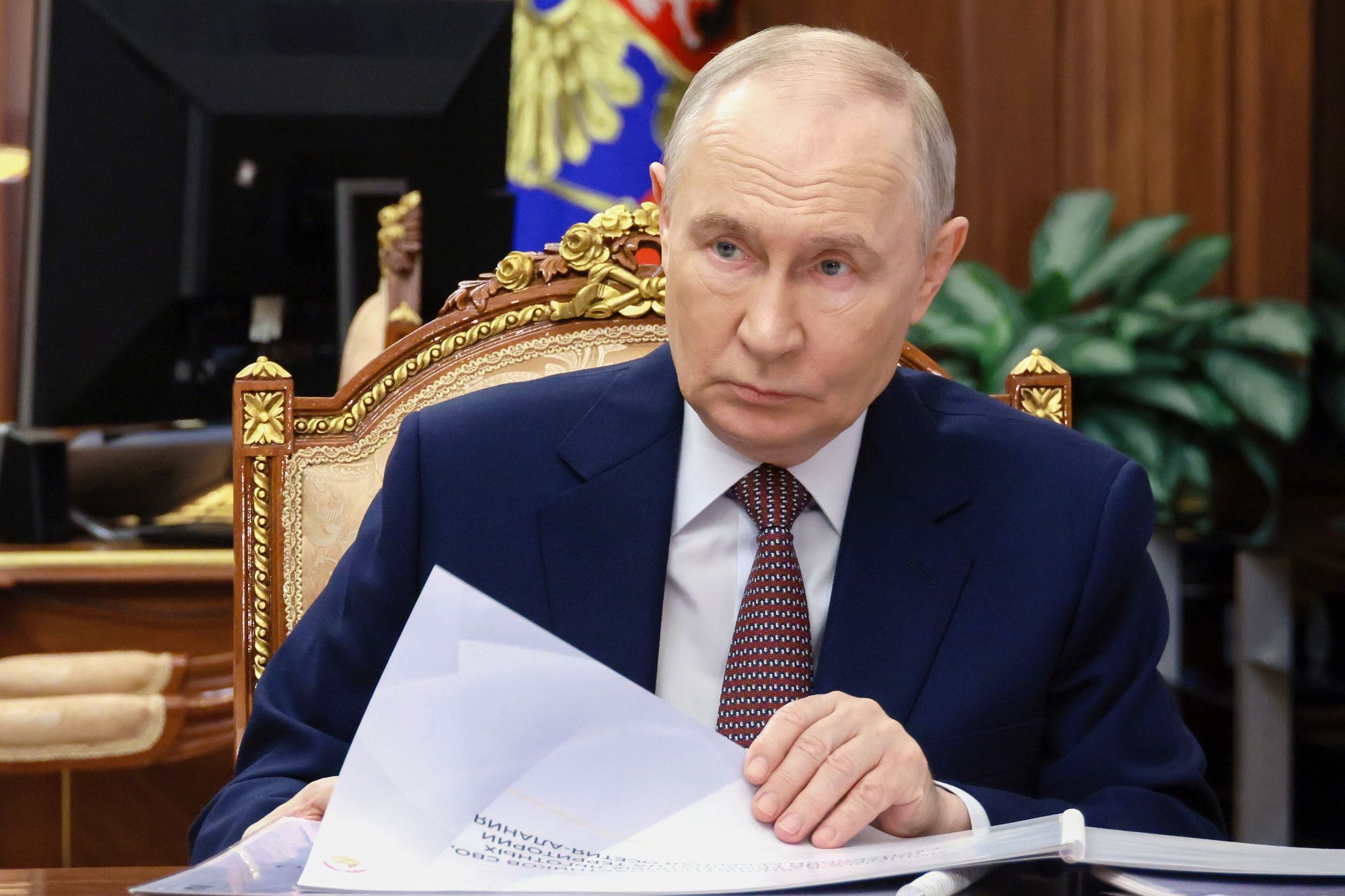









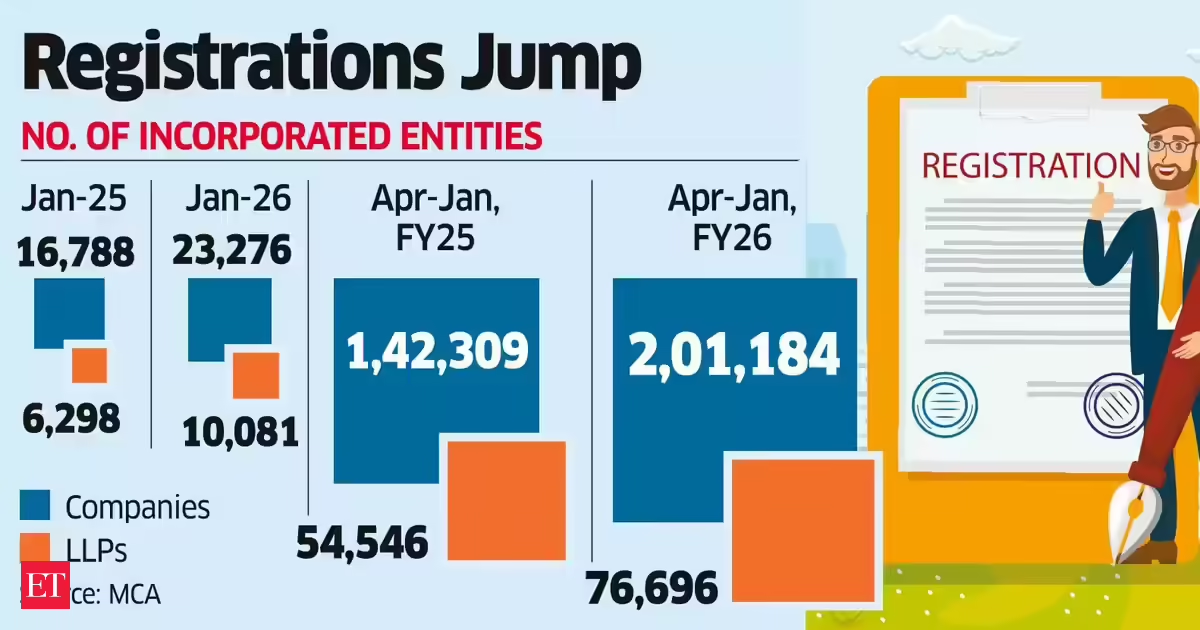


















![Heathrow has said passenger numbers were 60% lower in November than before the coronavirus pandemic and there were “high cancellations” among business travellers concerned about being trapped overseas for Christmas as Omicron spreads. The UK’s largest airport said the government’s travel restrictions had dealt a fresh blow to travel confidence and predicted it was likely to take several years for passenger numbers to return to pre-pandemic levels. This week ministers said passengers arriving in the UK would have to take a pre-departure Covid test, as well as a post-flight test, because of fears about the spread of the new variant. “[The] high level of cancellations by business travellers concerned about being trapped overseas because of pre-departure testing shows the potential harm to the economy of travel restrictions,” the airport said in an update. Heathrow said the drop in traveller confidence owing to the new travel restrictions had negated the benefit of reopening the all-important corridor to North America for business and holiday travel last month. Eleven African countries have been added to the government’s red list, requiring travellers to quarantine before reuniting with families. “By allowing Brits to isolate at home, ministers can make sure they are reunited with their loved ones this Christmas,” said John Holland-Kaye, the chief executive of Heathrow. “It would send a strong signal that restrictions on travel will be removed as soon as safely possible to give passengers the confidence to book for 2022, opening up thousands of new jobs for local people at Heathrow. Let’s reunite families for Christmas.” Heathrow said that if the government could safely signal that restrictions would be lifted soon, then employers at Heathrow would have the confidence to hire thousands of staff in anticipation of a boost in business next summer. The airport is expecting a slow start to 2022, finishing next year with about 45 million passengers – just over half of pre-pandemic levels. This week Tui, Europe’s largest package holiday operator, said it expected bookings for next summer to bounce back to 2019 levels. However, Heathrow said on Friday not to expect the aviation industry to recover for several years. “We do not expect that international travel will recover to 2019 levels until at least all travel restrictions (including testing) are removed from all the markets that we serve, at both ends of the route, and there is no risk of new restrictions, such as quarantine, being imposed,” the airport said.](https://wordupnews.com/wp-content/uploads/2026/02/shutterstock_1100012546-scaled-400x240.jpg)
![Heathrow has said passenger numbers were 60% lower in November than before the coronavirus pandemic and there were “high cancellations” among business travellers concerned about being trapped overseas for Christmas as Omicron spreads. The UK’s largest airport said the government’s travel restrictions had dealt a fresh blow to travel confidence and predicted it was likely to take several years for passenger numbers to return to pre-pandemic levels. This week ministers said passengers arriving in the UK would have to take a pre-departure Covid test, as well as a post-flight test, because of fears about the spread of the new variant. “[The] high level of cancellations by business travellers concerned about being trapped overseas because of pre-departure testing shows the potential harm to the economy of travel restrictions,” the airport said in an update. Heathrow said the drop in traveller confidence owing to the new travel restrictions had negated the benefit of reopening the all-important corridor to North America for business and holiday travel last month. Eleven African countries have been added to the government’s red list, requiring travellers to quarantine before reuniting with families. “By allowing Brits to isolate at home, ministers can make sure they are reunited with their loved ones this Christmas,” said John Holland-Kaye, the chief executive of Heathrow. “It would send a strong signal that restrictions on travel will be removed as soon as safely possible to give passengers the confidence to book for 2022, opening up thousands of new jobs for local people at Heathrow. Let’s reunite families for Christmas.” Heathrow said that if the government could safely signal that restrictions would be lifted soon, then employers at Heathrow would have the confidence to hire thousands of staff in anticipation of a boost in business next summer. The airport is expecting a slow start to 2022, finishing next year with about 45 million passengers – just over half of pre-pandemic levels. This week Tui, Europe’s largest package holiday operator, said it expected bookings for next summer to bounce back to 2019 levels. However, Heathrow said on Friday not to expect the aviation industry to recover for several years. “We do not expect that international travel will recover to 2019 levels until at least all travel restrictions (including testing) are removed from all the markets that we serve, at both ends of the route, and there is no risk of new restrictions, such as quarantine, being imposed,” the airport said.](https://wordupnews.com/wp-content/uploads/2026/02/shutterstock_1100012546-scaled-80x80.jpg)


